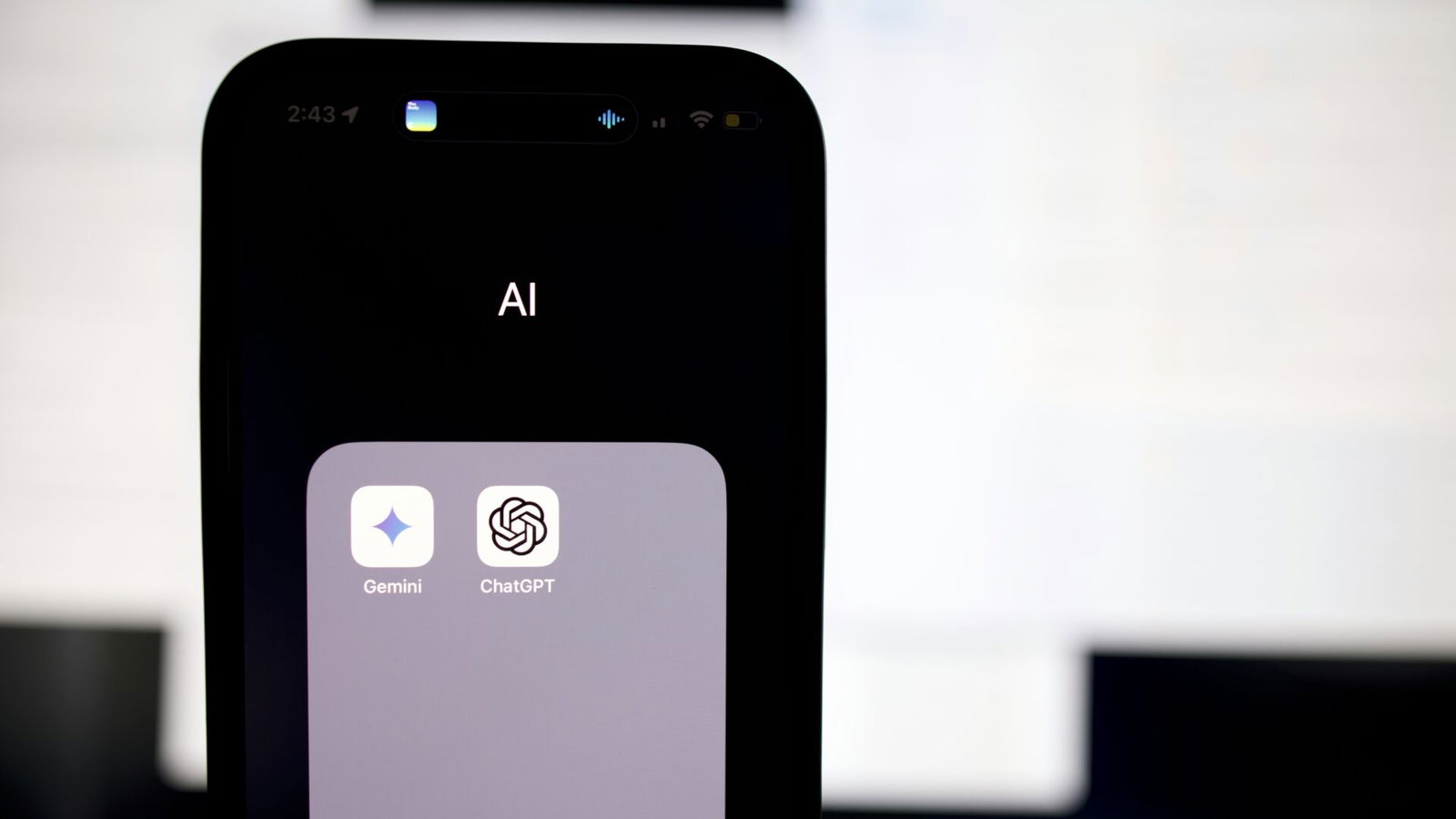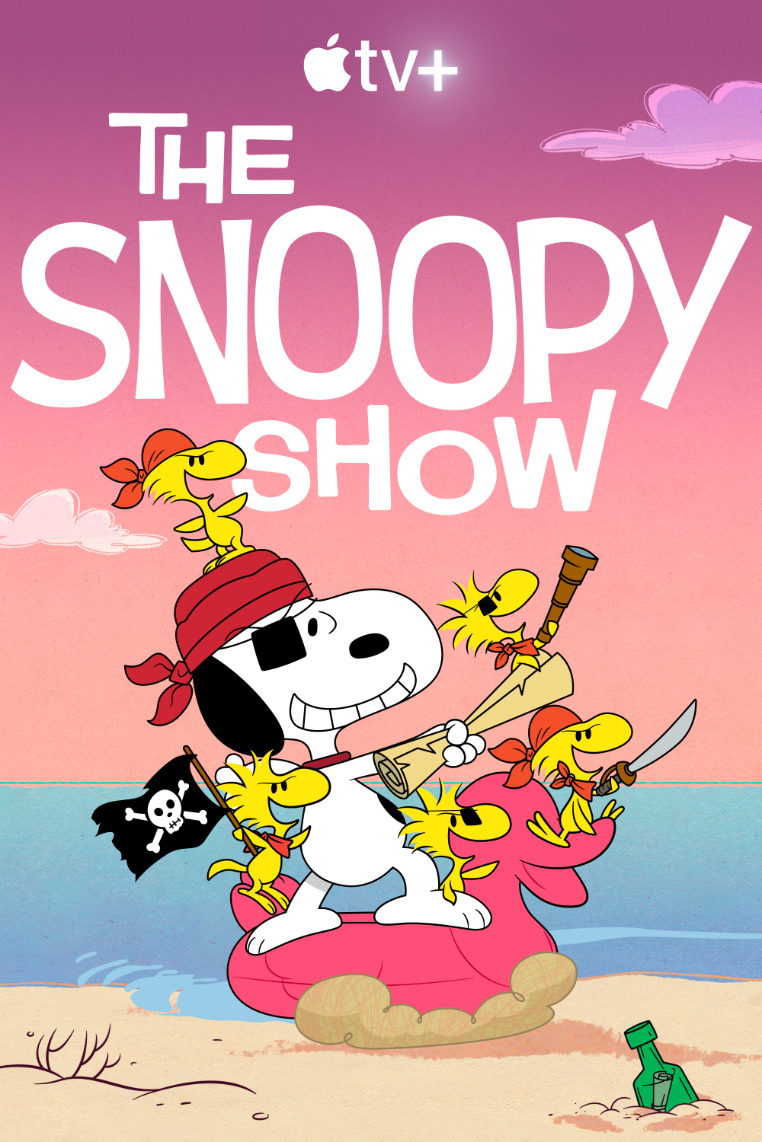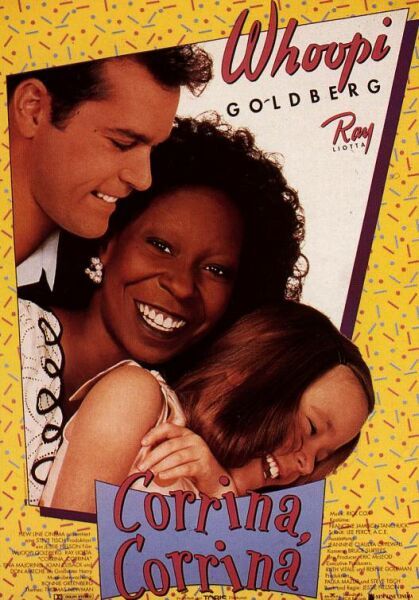
By Gavin Boyle
ChatGPT released an updated version of its image generator, and its ability to copy certain art styles has reignited a debate over what counts as breaking copyright.
“Our goal is to give users as much creative freedom as possible,” OpenAI, ChatGPT’s maker, said in a statement, per Axios. “We continue to prevent generations in the style of individual living artists, but we do permit broader studio styles — which fans have used to generate and share some truly delightful and inspired fan creations.”
The fact that the tool will generate images in specific, identifiable art styles has become a concern for some, even though the style doesn’t come from one artist. For example, ChatGPT can now reimagine an image it has been given in the style of THE SIMPSONS, THE MUPPETS or Studio Ghibli Art. The latter has been of specific focus as many have generated images in this art style and shared them across the internet, including ChatGPT creator and CEO Sam Altman, who changed his X profile picture to a portrait in that style.
While it is true that art styles cannot be copyrighted, ChatGPT’s imitation of these styles is of copyright concern because the only way it could have learned how to imitate the style is by consuming the content it is imitating. These artists did not give OpenAI their permission to train its model on their work and, therefore, may have breached copyright. OpenAI was previously sued by the Authors Guild over the same argument applied to literary works.
Related: ‘Protect The Literary Landscape’: Authors Guild Files Suit Against OpenAI
“It is imperative that we stop this theft in its tracks or we will destroy our incredible literary culture, which feeds many other creative industries in the U.S.,” said Authors’ Guild CEO Mary Rasenberger. “Great books are generally written by those who spend their careers and, indeed, their lives, learning and perfecting their crafts. To preserve our literature, authors must have the ability to control if and how their works are used by generative AI.”
The lawsuit, which remains ongoing, sues OpenAI for $150,000 per infringed work. It is possible the company could receive a similar lawsuit from artists who also feel that their craft has been stolen to create this new image generation feature. ChatGPT, meanwhile, argues that its tool only promotes creativity and has no intention of infringing on artists’ work.
“Creative professionals around the world use ChatGPT as a part of their creative process,” a ChatGPT spokesperson said in response to the Authors’ Guild lawsuit. “We respect the rights of writers and authors, and believe they should benefit from AI technology. We’re having productive conversations with many creators around the world, including the Authors Guild, and have been working cooperatively to understand and discuss their concerns about AI. We’re optimistic we will continue to find mutually beneficial ways to work together to help people utilize new technology in a rich content ecosystem.”
Read Next: Scarlett Johansson Claims OpenAI Copied Her Voice Without Consent



 - Content:
- Content: 

